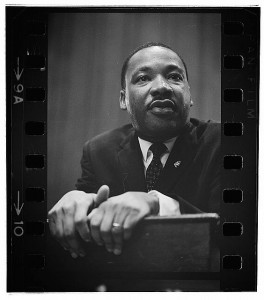The imminent philosopher Loudon Wainwright III wrote:
Reader and advisor
will my dreams come true?
Use your magic science
Show me what to do
Should I take some action?
Or should I just lay low?
Reader and advisor
Which way should I go?
Fortune tellers are fascinating. Their claim is so outrageous that it is intriguing. Psychics claim that they can use some tool (crystal ball, tarot cards) or some innate sixth sense to see into your future. From this “reading” of your future they can provide advice. Should you take some action? Should you just “lay low”? Visa and MasterCard accepted.

“Which way should I go?”
The idea of time intrigues me. The Past. The Present. The Future. “Time keeps on slippin’, slippin’, slippin’ into the future” (thanks, Steve). If you could really have someone look into a crystal ball and know your future exactly in all its detail, would you like for them to tell you what it reveals? To that hypothetical I say no. I already know I am not getting out of this thing alive, so why know how it ends and then spend the rest of my life dwelling on the gory details? I prefer to dwell on the positive.
The Past is important. We study history in order to understand what has happened with people, places, and things before us. It helps explain how we got here and why the southern border of New Mexico is not straight across even with the western boundary of Texas. It helps us know why calculus was invented. It brings us up to speed on the struggles of women for equality and the reason narrow gauge railroads had tracks that were narrower than 4 feet 8.5 inches.

Narrow Gauge
Our personal Pasts are also important. The way you were raised, nurtured, and educated has an impact on who you are and how you view the world. If your past was difficult or deficient, your ability to function in the present will be impacted. Your Future is at stake. Therapists are trained to help people deal with their pasts and make progress in the Present and Future.
The Present. Right now. We are urged to stop and smell the roses with good reason. In a real sense, the present is all we have. We can engage in present-oriented behaviors and future-oriented behaviors. Sometimes we can be fortunate enough to find actions that are both present- and future-oriented. If we are always doing future-oriented stuff, where’s the fun? All work and no play… If we are always doing present-oriented stuff, where’s the maturity?
The Future, as we have said before in this blog, seems to be the exclusive domain of humans. Some animals exhibit limited instinctual behaviors that prepare for the future. Squirrels store up nuts and bears fatten up before hibernation. This is quite different from your capacity to form a mental image of some future accomplishment and then set about to make it happen.
Much more effective than any palm reader, you must learn to be your own “reader and advisor.” Your future can be “read” to a certain degree, and your advice can be grounded in reality.
These are the tasks at hand.



